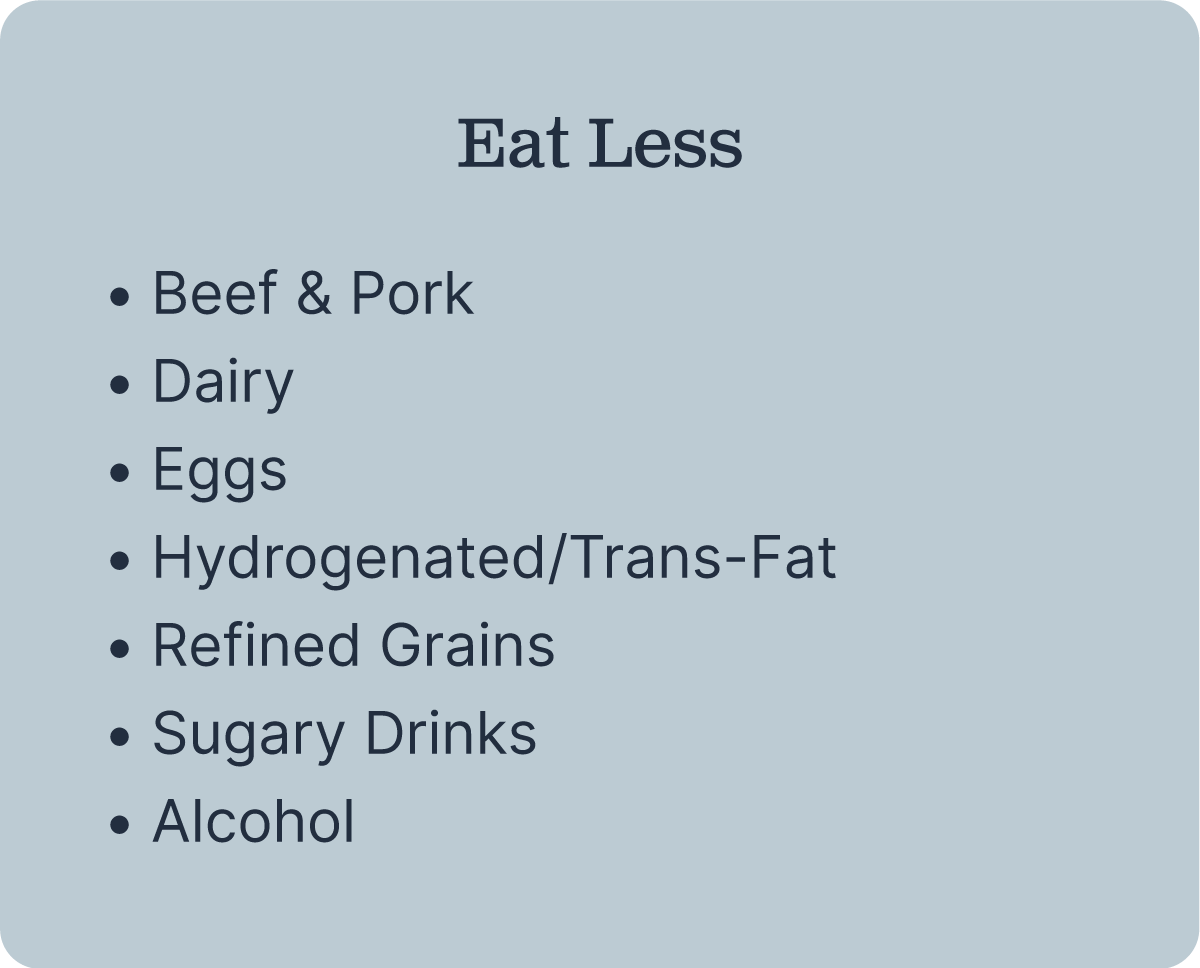![]() The Kirk Gibson Golf Classic Auction is Live!
The Kirk Gibson Golf Classic Auction is Live!
Close
- Who We Are
About Us
Our Impact
- Living With Parkinson's
About Parkinson's
Navigating Parkinson's
- Take Action
Take Action
- Who We Are
About Us
Our Impact
- Living With Parkinson's
About Parkinson's
Navigating Parkinson's
- Take Action
Take Action









